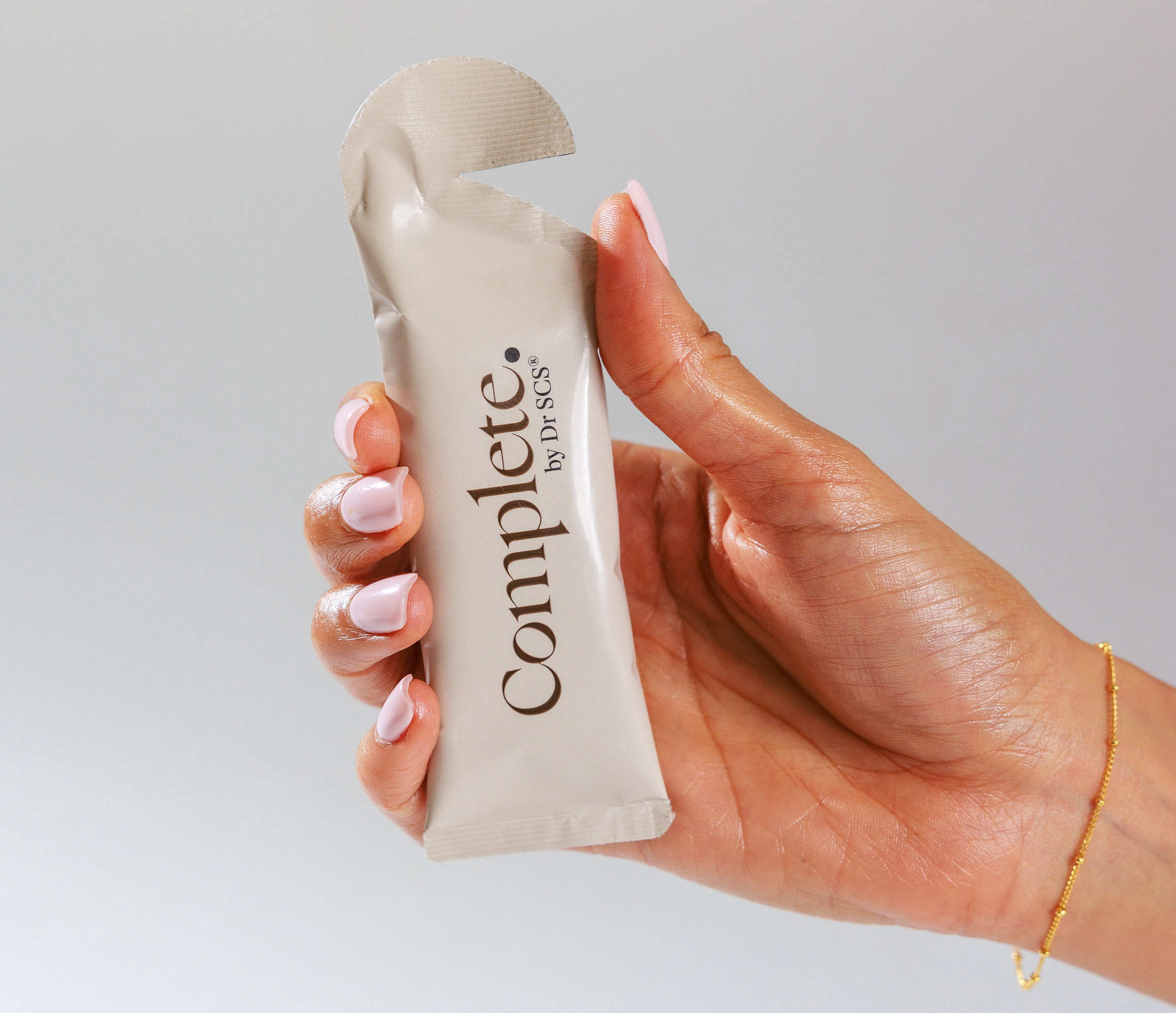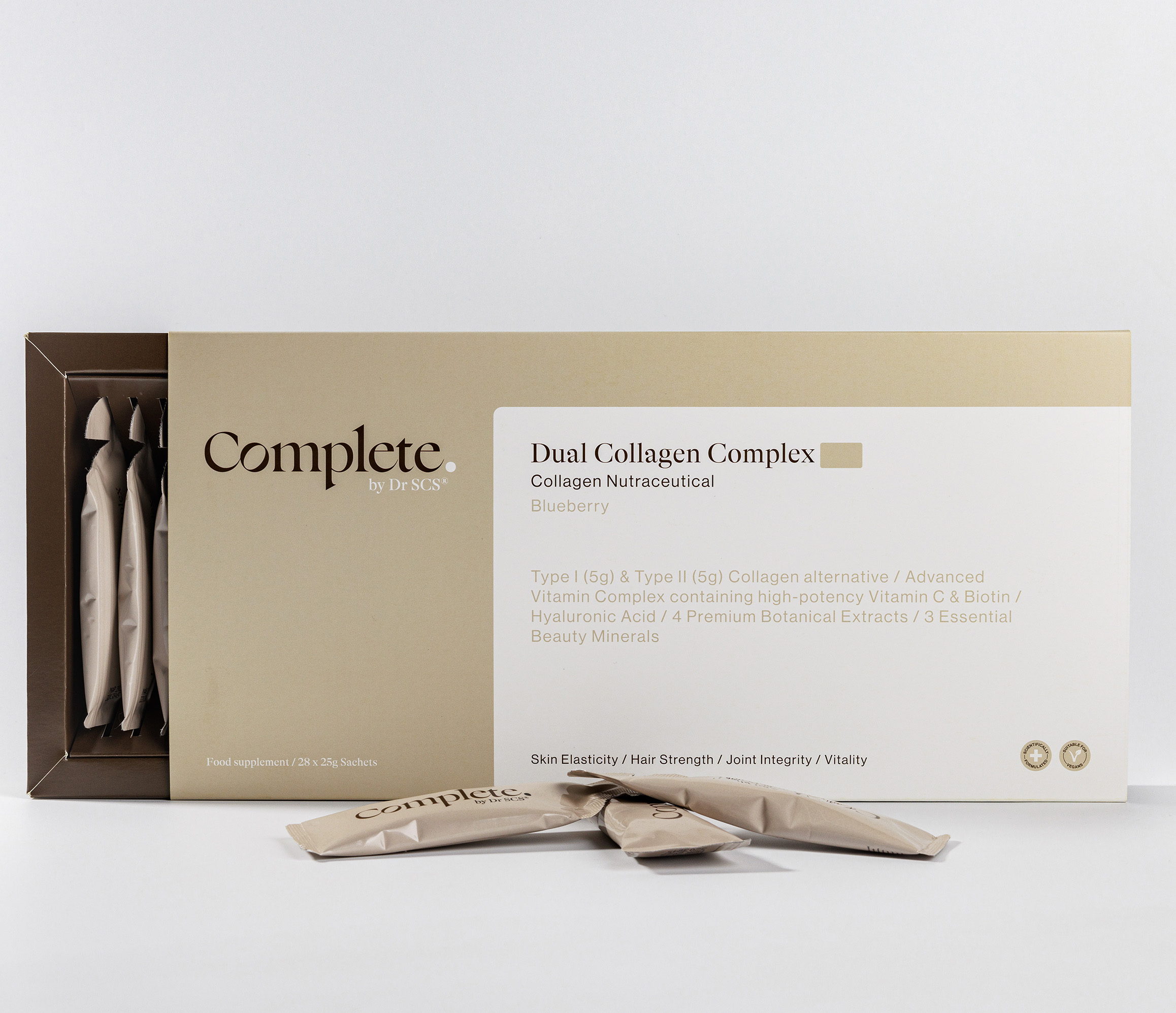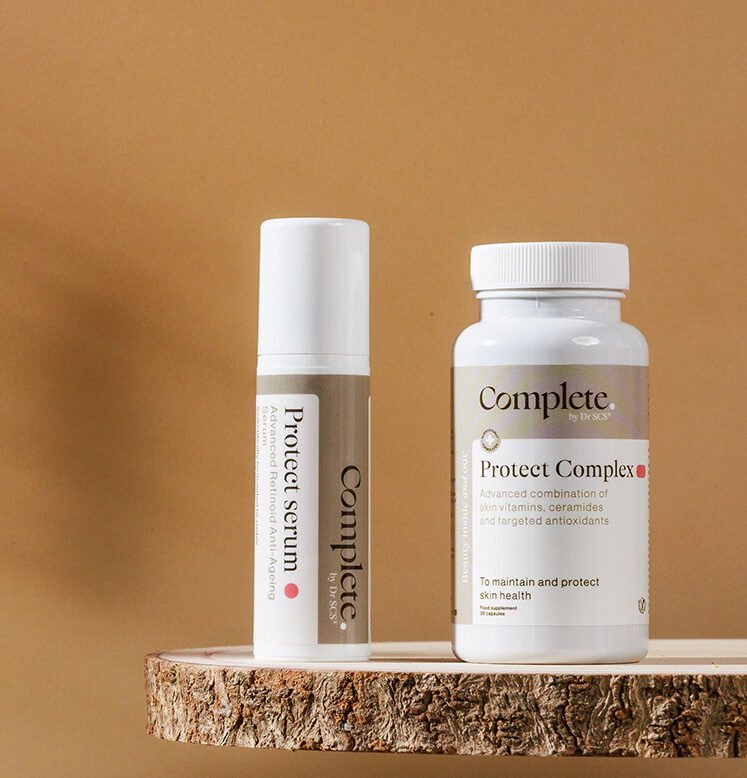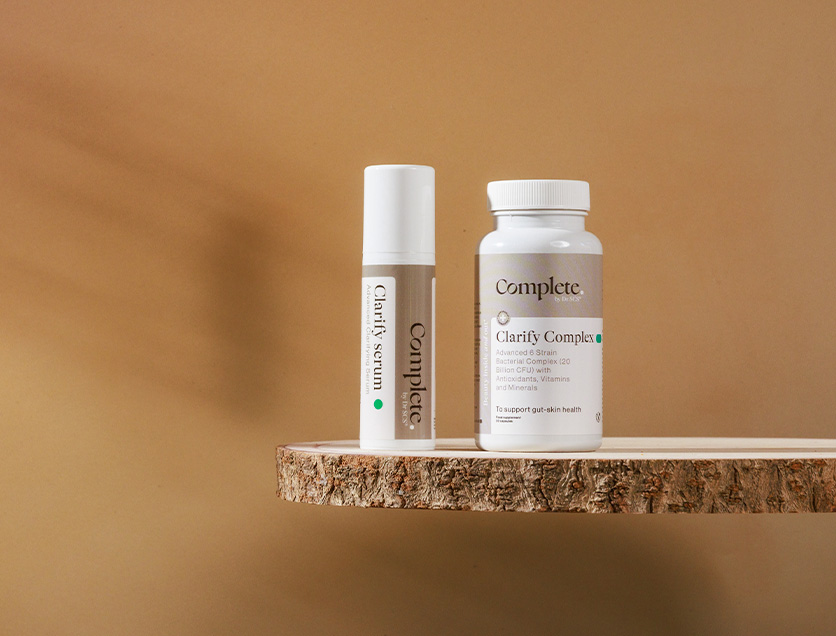
The Collagen Truth: What Science Actually Tells Us
Collagen has become the wellness world’s golden child, promising everything from youthful skin to stronger joints. But beneath the marketing hype lies a more complex scientific reality that most people never hear about.
As the body’s most abundant protein, collagen forms the structural foundation of our skin, bones, and connective tissues. Yet the supplement industry has created a mythology around this vital protein that often contradicts established research.
The fundamental misunderstanding starts with how collagen supplements actually work. When you consume these products, your digestive system doesn’t simply transport intact collagen molecules to your skin. Instead, they’re broken down into amino acids and peptides that act as biological signals to stimulate your body’s own collagen production.
This process requires specific nutritional cofactors to function effectively. Vitamin C plays a crucial enzymatic role in collagen synthesis, while other nutrients like zinc and copper support the complex biochemical pathways involved in protein formation.
“Understanding collagen science means recognising that supplements are signalling molecules, not direct replacements for the collagen your body produces. The process is far more sophisticated than most marketing suggests.”
–
Dr. SCS
Not all collagen types serve the same purpose. Type I collagen primarily supports skin and bone structure, Type II focuses on cartilage and joint health, while Type III works alongside Type I in organ and skin support. Choosing the wrong type for your specific needs renders supplementation largely ineffective.
The timeline for results reflects biological reality rather than marketing promises. Clinical studies consistently show that meaningful changes typically appear after 8-12 weeks of consistent supplementation, as your body requires time for protein synthesis and tissue remodelling to occur.
Quality matters more than price point. The most effective supplements combine appropriate collagen types with essential cofactors, proper dosing, and third-party testing. Your collagen strategy should complement, not replace, a protein-rich diet that provides the complete amino acid profile your body needs.


Join our mailing list
Stay in the loop! Join our newsletter for exclusive updates and promotions
Articles we think you will like


32.9% Wrinkle Reduction in 8 Weeks: Inside the Clinical Trials

Beyond Animal Collagen: The Science of Human-Identical Collagen

The Science Behind Clear Skin: How Your Gut Microbiome Controls Breakouts

Most people are wasting money on retinol. Here’s why.

Why Your “Sensitive Skin” Might Actually Be Damaged Skin

Stress & Skin Health: Understanding the Cortisol Connection

Building Your Skincare Routine: Evidence-Based Layering Principles

Magnesium & Menopausal Transitions: Examining the Evidence

